Biological Clock
-
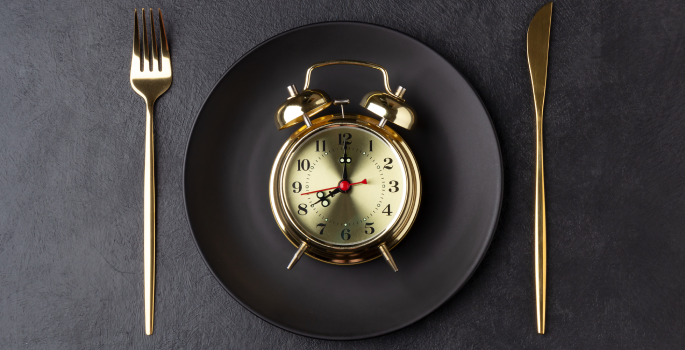
Fasting at night or in the morning? Listen to your biological clock, says new research
According to a new study published by biological science researchers at Vanderbilt, the answer to eating (or fasting) windows lies in the circadian rhythms of the body’s biological clock. Read MoreFeb 27, 2020
-
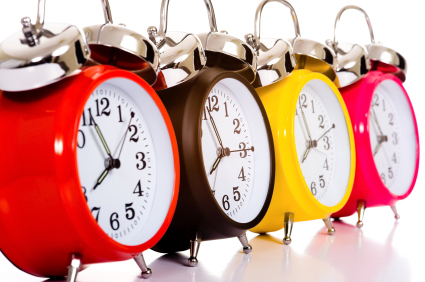
High-speed atomic force microscopy reveals clock protein interactions
Prof. Carl Johnson and his team discovered on-and-off interactions between KaiA and KaiC take only seconds but combine to create a 24-hour oscillation of phosphorylation in a test tube. Read MoreAug 20, 2018
-
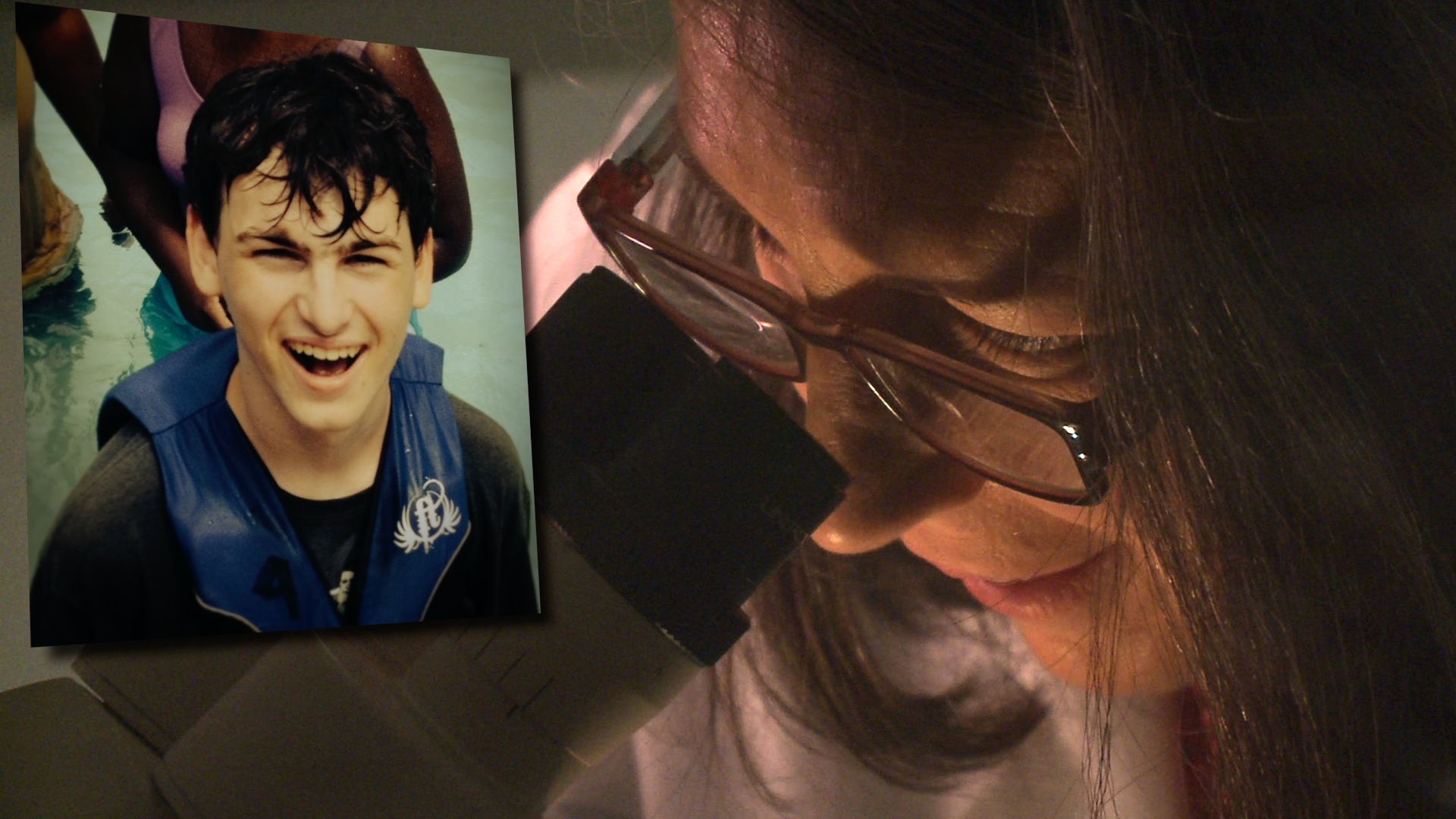
VUCast Extra: One mom’s race for a cure for son’s rare disorder
It’s a story of love and determination and a debilitating lifelong disorder. A son’s rare genetic disease has led his mom to become a scientist at Vanderbilt University. Watch this VUCast Extra and a mom’s race against time. Read MoreApr 7, 2015
-
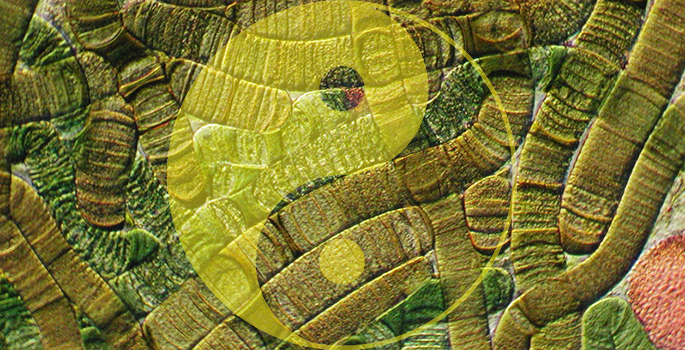
Tricking algae’s biological clock boosts production of drugs, biofuels
Tricking algae’s biological clock to remain in its daytime setting can dramatically boost the amount of commercially valuable compounds that these simple marine plants can produce when they are grown in constant light. Read MoreNov 7, 2013
-
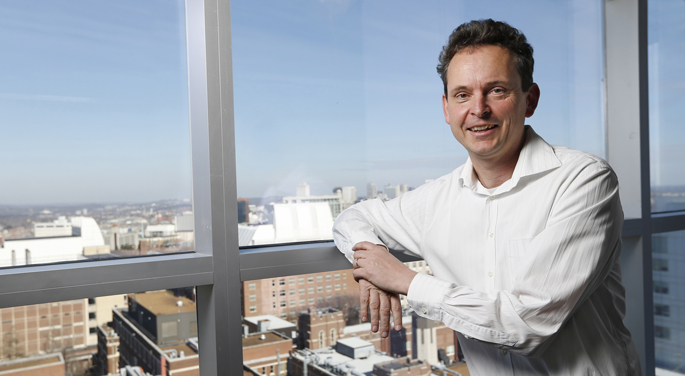
Simulated Mars mission reveals body’s sodium rhythms
Clinical pharmacologist Jens Titze, M.D., and colleagues have discovered that – in contrast to the prevailing dogma – human sodium levels fluctuate rhythmically with 7-day and monthly cycles. Read MoreJan 10, 2013